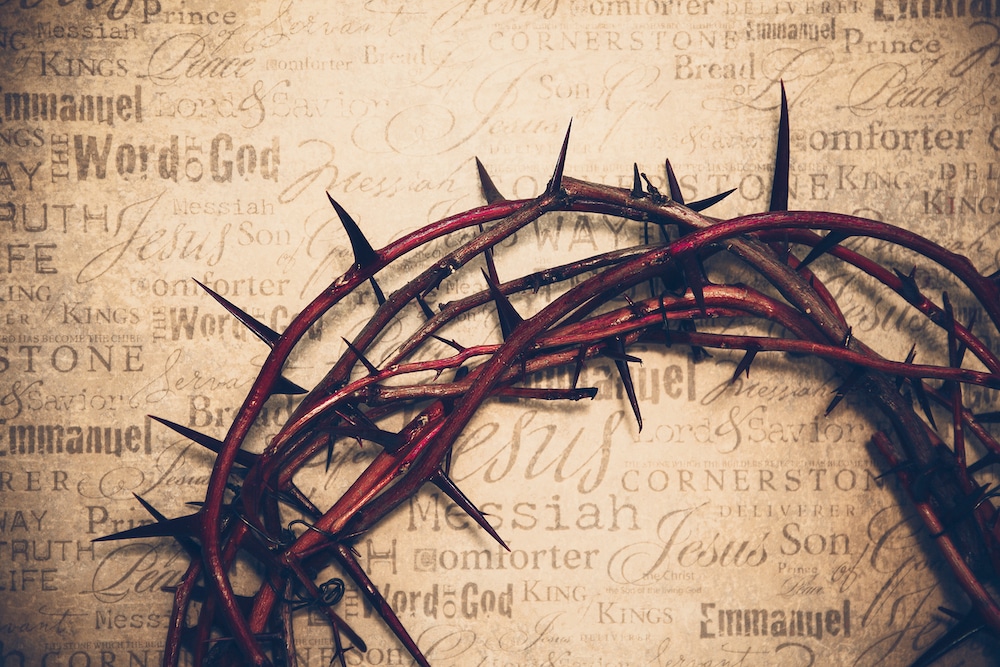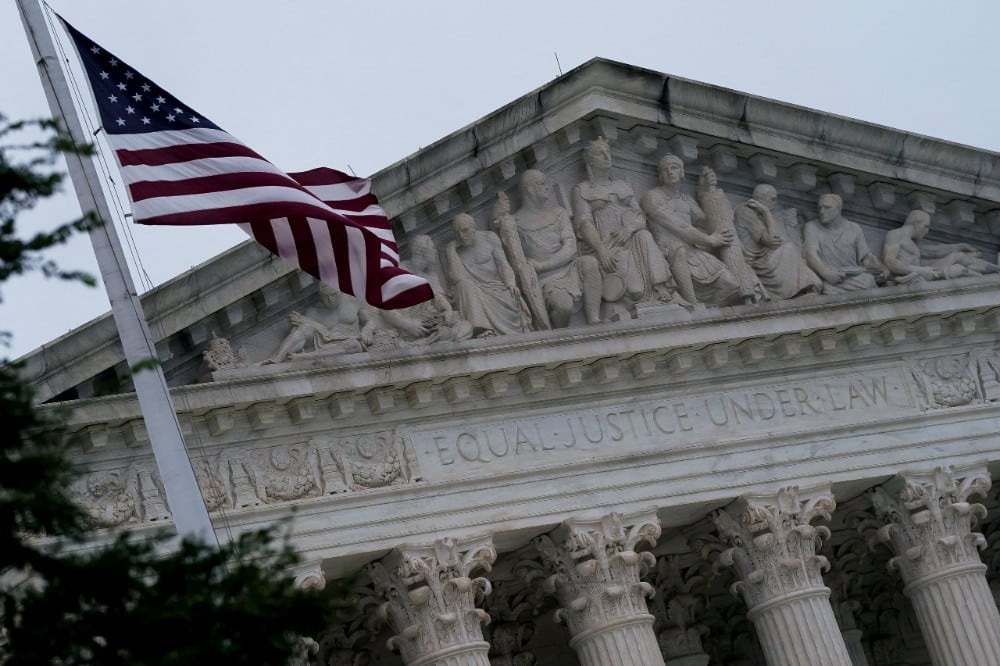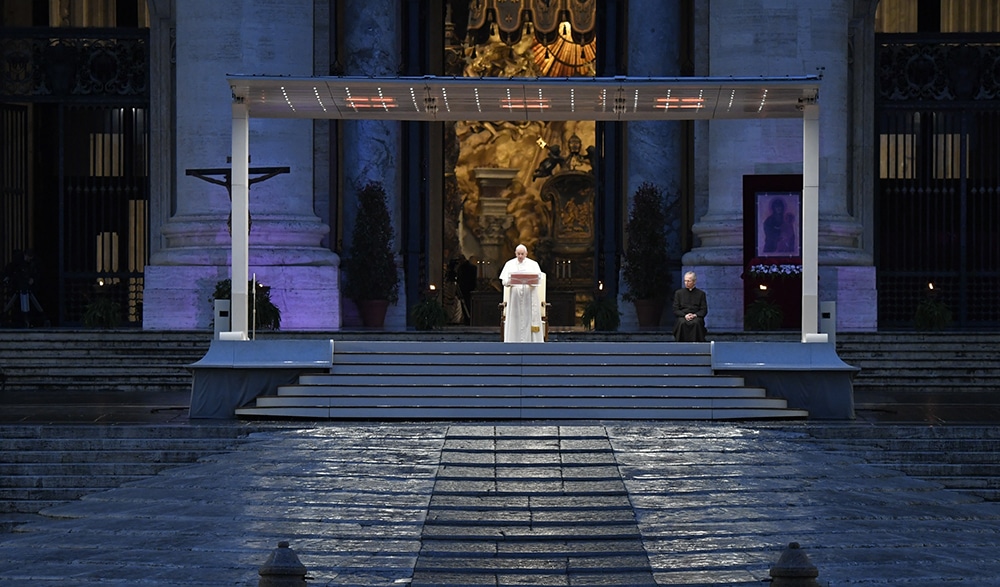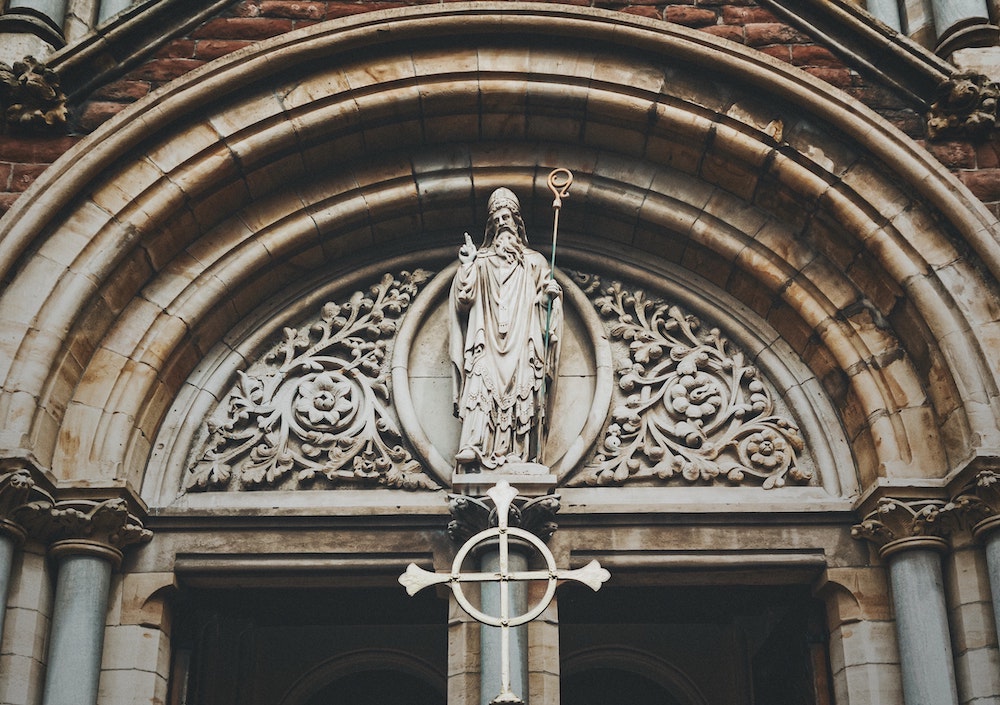Question: Both Scripture and history teach that kings were anointed in the Old Testament. The Greek word for anointed translates as “Christ.” However, was this merely applied to Jesus as a title or part of his actual name? Is there any documentation as to what Jesus’ actual and complete name was?
— Kevin Fellman, Phoenix, Arizona
Answer: As you note, “Christ” is a title. It is Greek and translates from the Hebrew “Messiah.” Both terms mean “anointed one.” Hence, “Christ” is not Jesus surname (last name). A good way of understanding is to add the definite article: Jesus the Christ, Jesus the Anointed One, Jesus the Messiah, or Yeshua HaMashiach in Hebrew. As for Jesus’ complete name, there is no exact documentation. However, if local custom was followed, he would likely have been formally called “Yeshua Bar Yosef” (Jesus son of Joseph). In other settings, he might be called by his hometown, “Jesus of Nazareth.” The name “Jesus” means “the Lord is Salvation” — certainly a fitting name for Our Savior!
Dogma and doctrine
Question: How do we reconcile the changes in Catholic teaching over the centuries? Take, for example, how marriage between Catholics and non-Catholics wasn’t allowed and now I believe it is. Or the whole “there’s no salvation outside the Church,” and now it seems to say, “if you’re OK with your own conscience, you’re fine!”
— Dan Cera, via email
Answer: The examples you use are a bit mixed. When we speak of Church “teachings,” we must distinguish doctrinal and dogmatic teachings from what are merely disciplinary or prudential norms. The Church did not forbid Catholics to marry a Jew or person from some other religion per se. The Church recognizes marriage as a natural rite between men and women. Marriage outside the Faith, while discouraged, is not forbidden, and while some periods of Church history have had more obstacles than others, nevertheless, dispensations (permissions) were (and are) normally granted that allow this. How a marriage is regarded can be affected (e.g. whether it is a natural union or a sacrament), but a Catholic can marry a Jew.
Other types of norms, such as liturgical practices, or how one petitions the Church for some grievance, etc., can and do change over time. Doctrines and dogmas are defined teachings and cannot change. For example: that Christ unites a divine and human nature in one person, that there are three Persons but one divine Substance, or that killing the innocent is always wrong. These cannot change, they are immutable truths.
As for nulla salus extra ecclesiam (“there is no salvation outside the Church”), this is, in fact, a dogma of the Faith. It was taught by Jesus (cf. Jn 14:6), reiterated by numerous Church Fathers and asserted down through Church history. It is still taught today (see Catechism of the Catholic Church Nos. 846-48). As a dogma, it has not changed. However, it is taught today with a stronger emphasis on the condition that the rejection of the Church be done knowingly. The Second Vatican Council and the current Catechism state that “they cannot not be saved who, knowing that the Catholic Church was founded as necessary by God through Christ, would refuse either to enter it, or to remain in it” (Lumen Gentium, No. 14). There are some who are not members of the Church who don’t know or understand the need to be so. Some have not heard the Gospel and its demands effectively proclaimed. Others are in error and are taught false things about the Catholic faith. Such factors can mean that the penalty associated with the dogma does not apply. “Re-formulated positively, it means that all salvation comes from Christ the Head through the Church which is his Body” (CCC, No. 848). No one in heaven is there except by the grace and power of Jesus Christ. If someone of another faith is saved, it is not because of that faith but often in spite of it and on account of the justice of God, who does not require of us what we cannot reasonably know. They will be judged by what they do know.
Hence, the doctrine is unchanged. As for the notion of “if you’re OK with your conscience, you’re fine,” this is simplistic. We are obliged to inform our conscience. If there is ignorance, it must be “invincible.” That is to say, it must be very difficult to overcome. One cannot simply evade the Church’s claim or teachings through laziness or stubbornness. In the end, only God can fully know if a person’s ignorance is excusable.
Msgr. Charles Pope is the pastor of Holy Comforter-St. Cyprian in Washington, D.C., and writes for the Archdiocese of Washington, D.C. at blog.adw.org. Send questions to msgrpope@osv.com.







